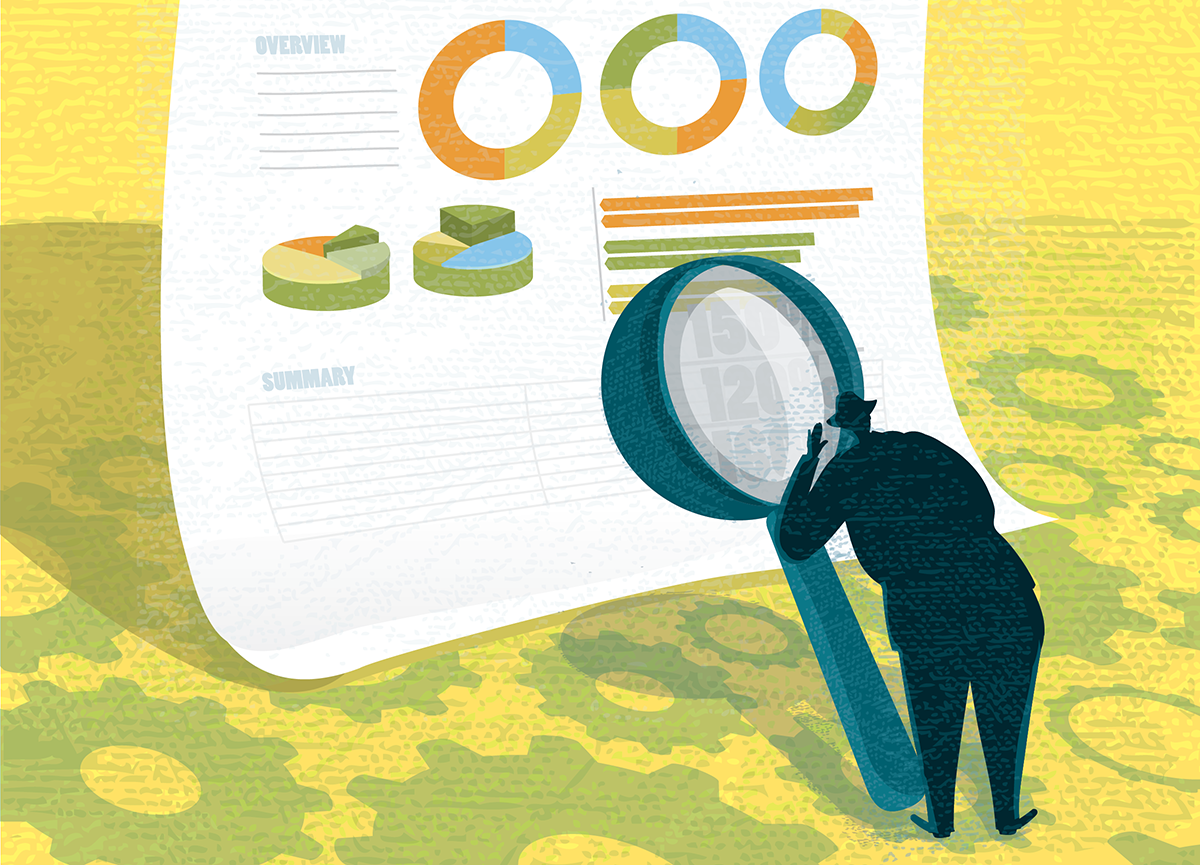The former chief financial officer of Autonomy Corp. was found guilty of orchestrating an accounting fraud to arrive at the $10.3 billion price Hewlett-Packard Co. paid for the U.K. software maker more than six years ago.
A jury voted to convict Sushovan Hussain Monday on all 16 counts of wire and securities fraud after three days of deliberations in San Francisco federal court.
Autonomy was the U.K.'s second-largest software business when Hewlett-Packard acquired it in 2011. Hewlett-Packard later wrote down its value by $8.8 billion, citing fraud by Autonomy and asking the U.S. Justice Department to investigate.
Recommended For You
The guilty verdict is a win for prosecutors in an office that has suffered recent losses, and it at least partially vindicates Hewlett-Packard. It also gives the company momentum as it heads toward a trial next year in London in a $5 billion civil suit against Hussain and Autonomy co-founder and former CEO Mike Lynch.
John Keker, Hussain's lawyer, declined to comment.
“The jury verdict affirms that corporate criminals who cook their company's books to the detriment of victims in the United States, and specifically this district, will be held to account in our courts,” acting U.S. Attorney Alex Tse said in a statement. Hussain faces as many as 25 years in prison for securities fraud, the most serious offense.
'Ponzi Scheme'
The U.S. accused Hussain of spinning his company's financials to create a false appearance of growth.
At trial the government presented emails, phone records, earnings statements, press releases, and even an alleged payment of “hush money” to show what prosecutor Adam Reeves called “a balance sheet of fraud.”
From 2009 to 2011, when most technology companies were struggling in the wake of the 2008 financial crisis, Hussain built a facade to “eke out consensus estimates” of Autonomy's revenue ahead of the merger with Hewlett-Packard, Reeves said in his closing argument.
By late 2011, Autonomy had become an “unsustainable Ponzi scheme,” he said, leading Hussain to exhort Lynch to sell the company. Hussain was “desperate,” and “constantly anguishing, and looking for revenue,” Reeves said.
Keker, Hussain's lawyer, argued that HP bought, and then hobbled, an increasingly profitable software company. It was one of a string of failed acquisitions requiring write-offs, a list that includes Palm, Compaq, and Electronic Data Systems, he said.
HP 'Machine'
Keker described a Hewlett-Packard “machine” that deployed an army of company lawyers and consultants to support the government prosecution, which he said relies on false testimony from cooperating witnesses who buckled under “tremendous pressure.”
“They're trying to make this Englishman into a criminal, when committing a crime was the furthest thing from his mind when he was working,” Keker said, referring to Hussain during his closing argument. “Everybody gets a pass, but he's supposed to be a criminal. This case belongs in a civil case in London, where it already is.”
The U.S. cooperated with the Financial Reporting Council and Serious Fraud Office in the U.K., Tse said.
Hewlett Packard Enterprise Co., formed in the breakup of Hewlett-Packard Co.'s corporate computing divisions from its printer and PC business in 2015, is pleased with the verdict.
“Hussain engaged in outright fraud and deliberately misled the market about nonexistent sales through a series of calculated sham transactions,” Emmanuel Fyle, a spokesman for HPE, said in an emailed statement. “The jury has now held him accountable for his role in defrauding HP.”
This case is U.S. v. Hussain, 16-cr-00462, U.S. District Court, Northern District of California (San Francisco).
From: Bloomberg
© Touchpoint Markets, All Rights Reserved. Request academic re-use from www.copyright.com. All other uses, submit a request to [email protected]. For more inforrmation visit Asset & Logo Licensing.



